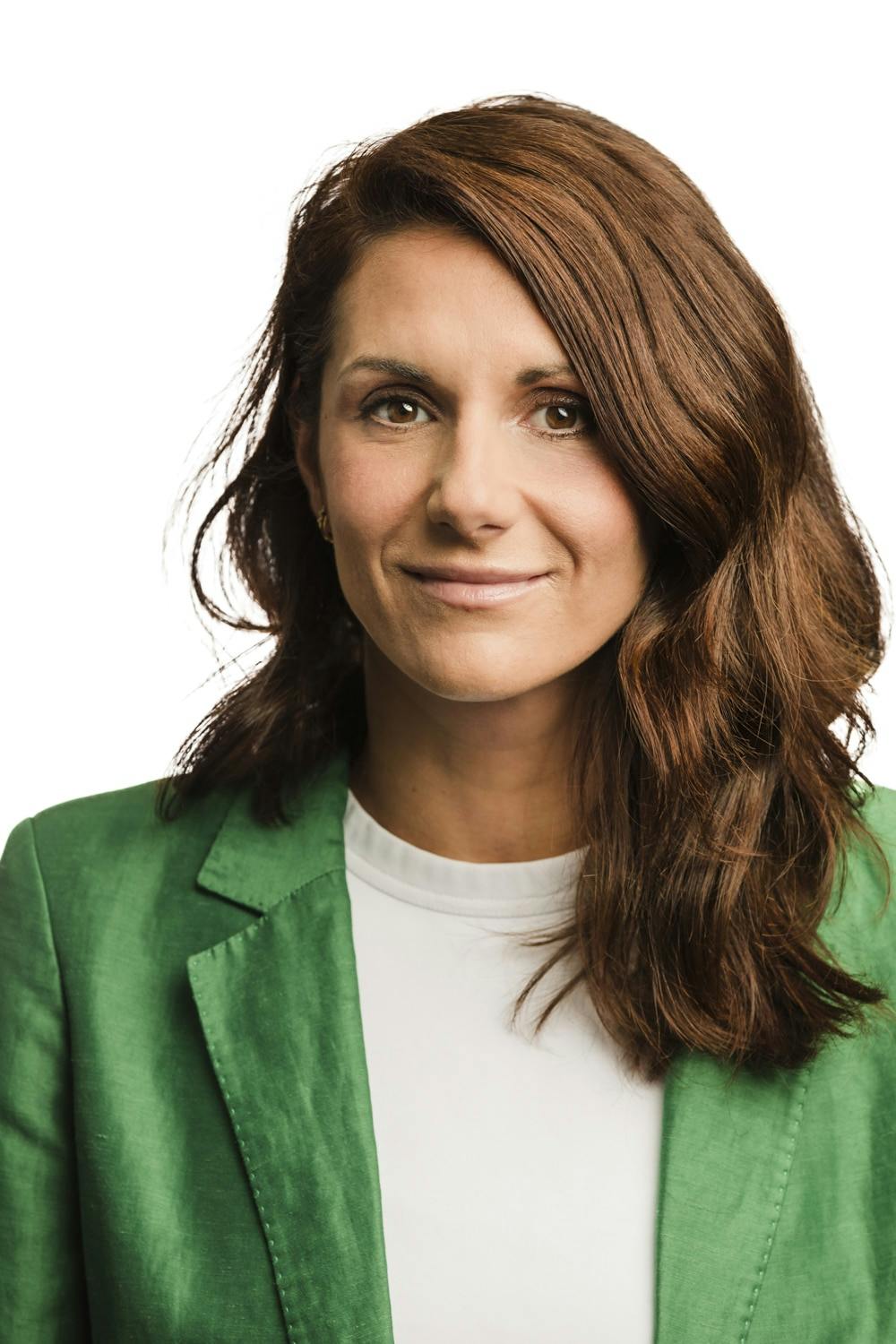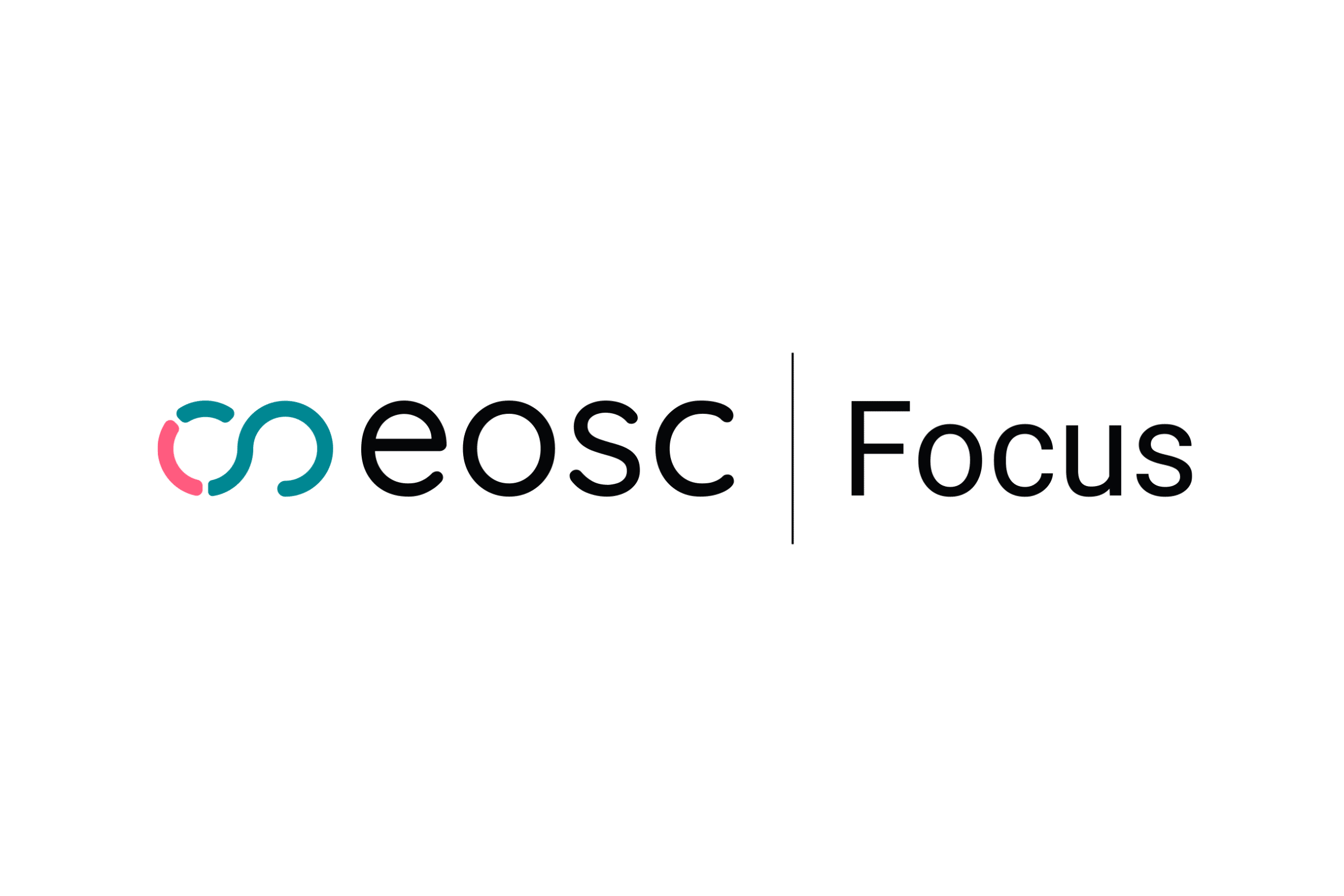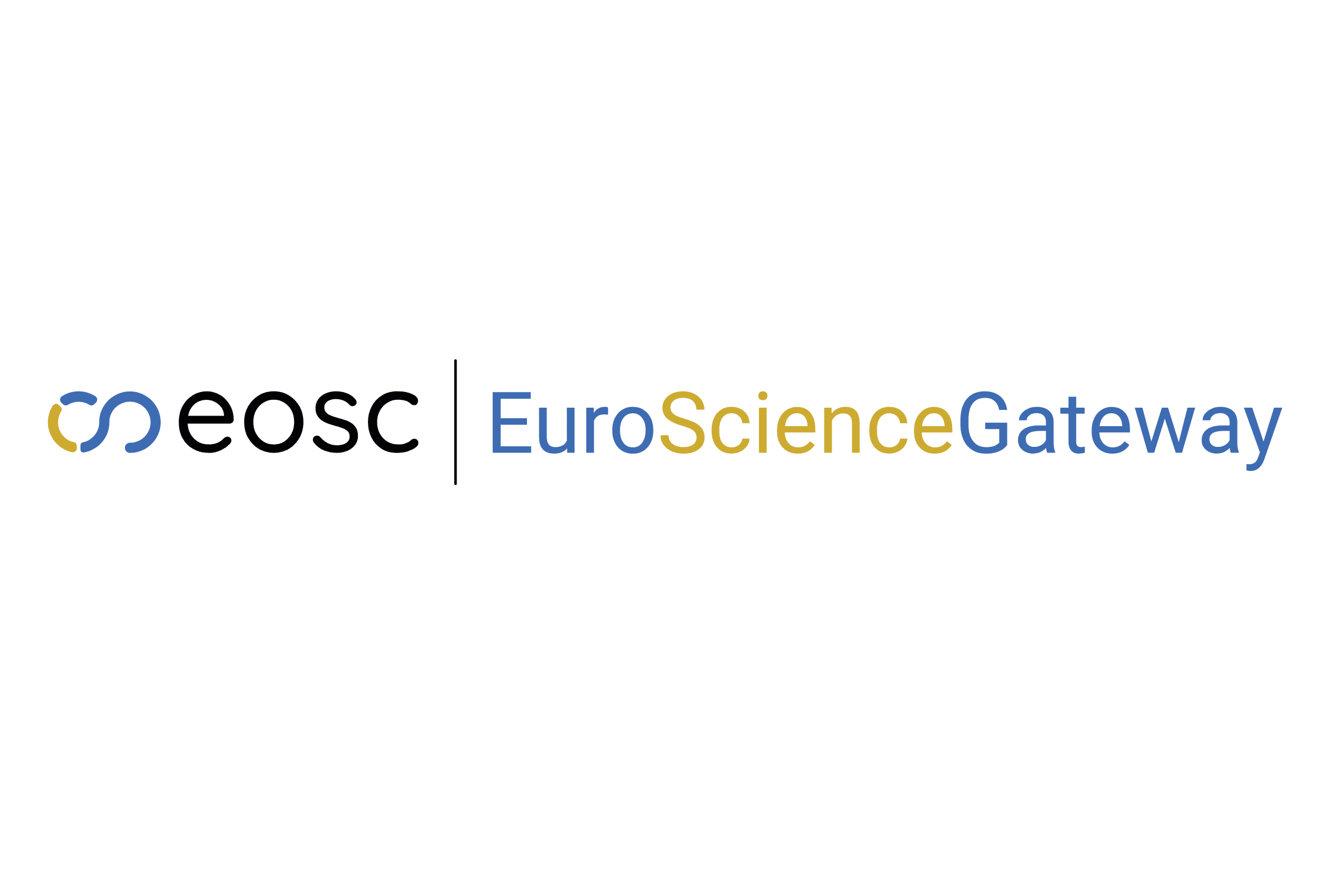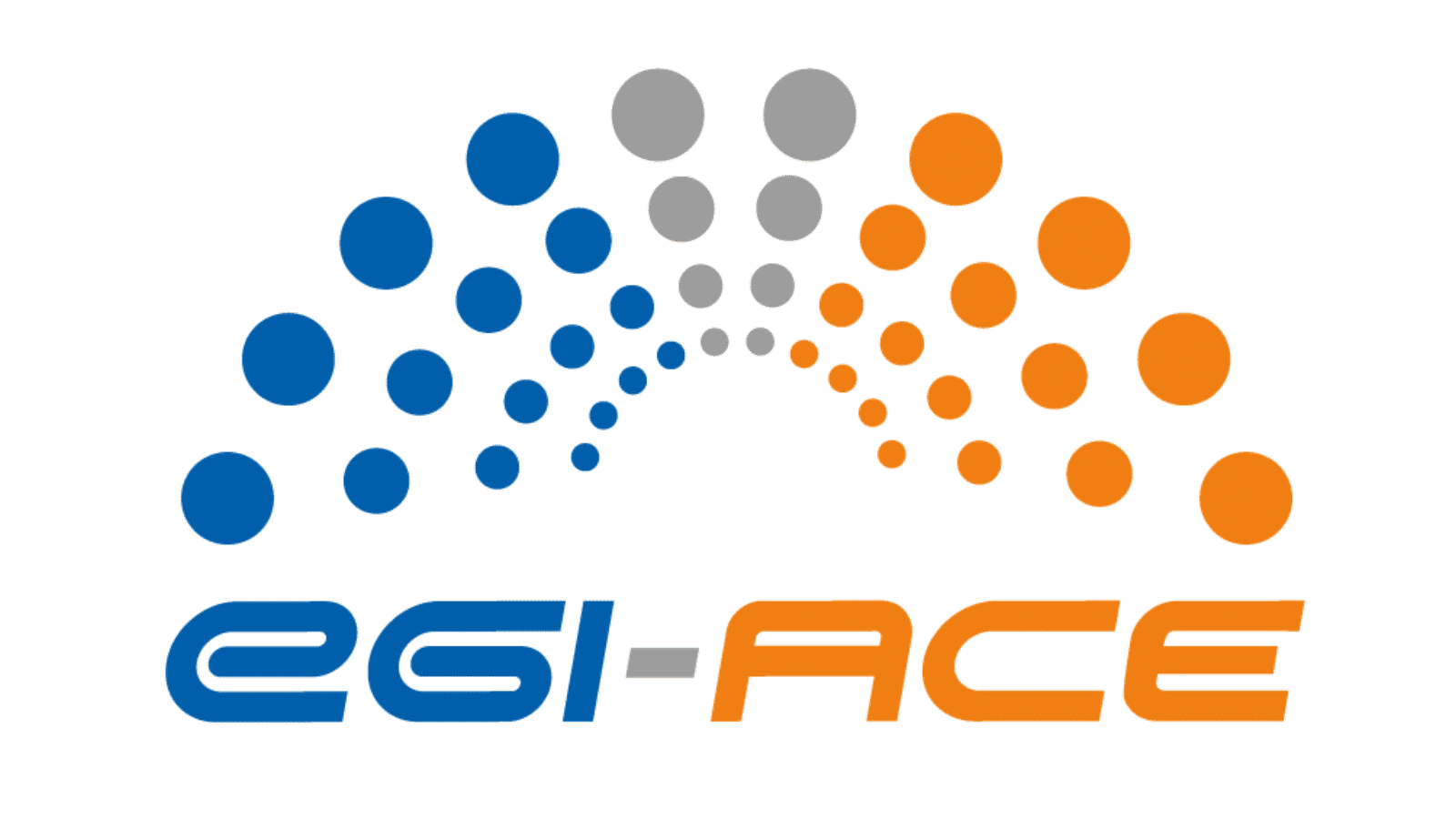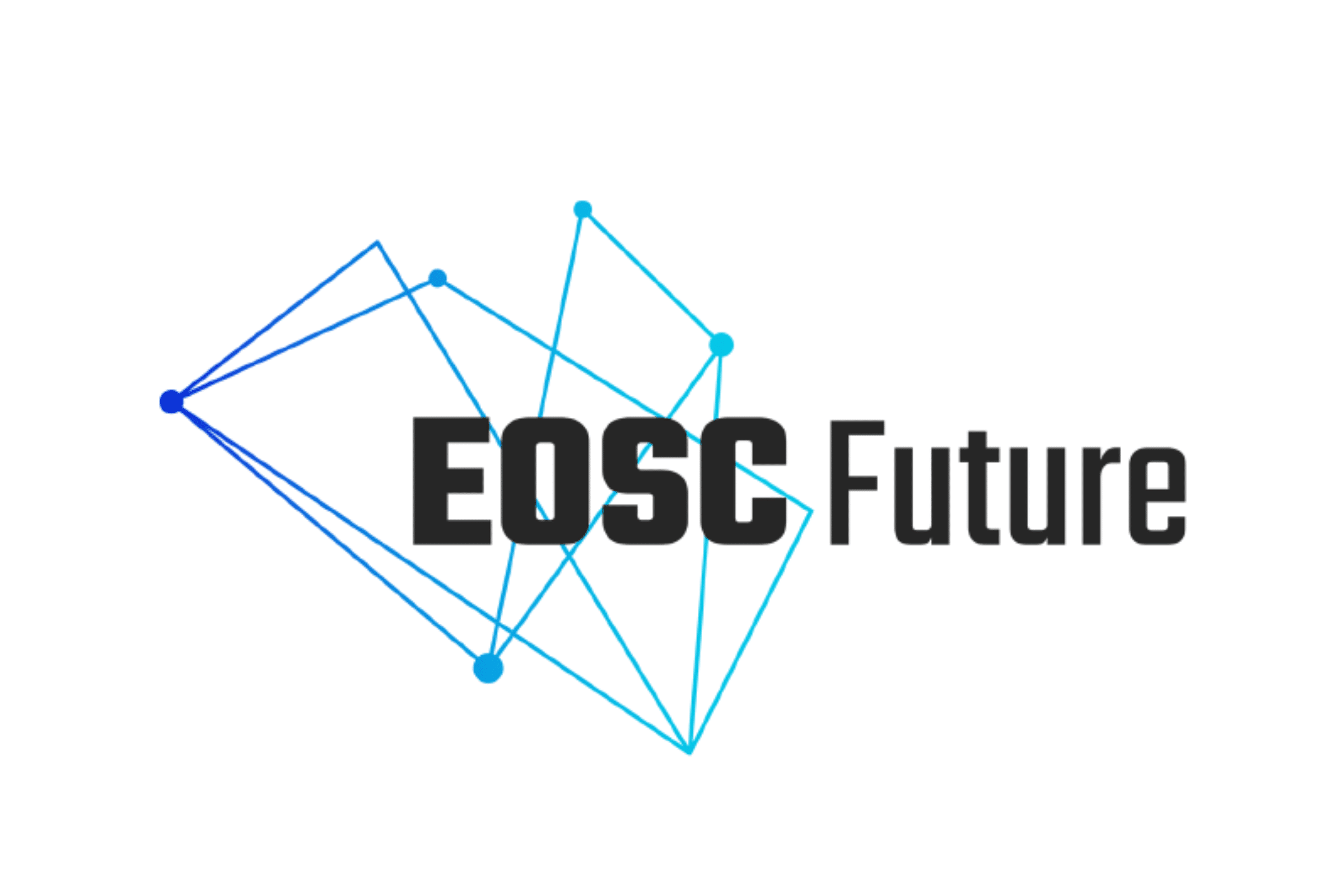The genesis of the EOSC Winter School traces back to a proposal during the coordination meeting held in June 2023 by the EC’s DG RTD, with the EOSC Focus project, which spotlighted a collaboration deficit in Horizon Europe's EOSC-related projects. Organised by the EOSC Association in collaboration with the EOSC Focus project and other EOSC-related initiatives, the school unfolded in Greece to redress these gaps and enhance technical expertise across diverse Opportunity Areas (OAs).
- OA1 Persistent Identifiers (PIDs)
- OA2 Metadata, Ontologies & Interoperability
- OA3 FAIR Assessment & Alignment
- OA4 User & Resource Environments
- OA5 Skills, Training, Rewards, Recognition & Upskilling
- OA6 Open Scholarly Communication
Notably, our colleagues, Diego Scardaci, Technical Solutions Lead at EGI and Co-chair of the EOSC Technical Interoperability of Data and Services Task Force, Dale Robertson, EOSC Liaison Manager and Co-chair of the EOSC Financial Sustainability Task Force, as well as Senior Advisor Mark Dietrich and Senior Service Delivery Officer Catalin Condurache, actively participated in the event representing the EGI Foundation.
Integrating EOSC initiatives
The Winter School was organised to enhance collaboration and integration among EOSC-related Horizon Europe projects, and simultaneously to integrate the deliverables of the EOSC-A Task Forces (TFs) into these projects. It gave participants access to in-depth technical understanding of specific Opportunity Areas defined as a result of an analysis of the gap areas between the projects: persistent identifiers; metadata, ontologies and interoperability; FAIR assessment and alignment; user and resource environments; skills, training, rewards, recognition and upskilling; and open scholarly communication. There was also a cross-cutting session focussed on sustainable pathways to impact for INFRAEOSC projects.
Short-term goals of the Winter School included facilitating immediate understanding and feedback, while medium-term goals encompassed planning and support for upcoming projects. Long-term objectives involved increasing the sustainability of the impact pathways of INFRAEOSC projects. This approach was crafted to ensure a lasting and meaningful impact of the past EOSC deployment and its related projects.
Technical Interoperability of Data and Services
The Technical Interoperability of Data and Services Task Force has worked in the definition of the EOSC Interoperability Framework, the EOSC Architecture and the Minimum Viable EOSC (MVE) through synergies with EOSC Future, other EOSC projects, and with the different TFs of the EOSC Association. The TF produced two deliverables (A landscape overview of the EOSC Interoperability Framework - Capabilities and Gaps; Design Considerations for Technical Interoperability in EOSC) during its lifetime and delivered a set of recommendations to establish the EOSC Interoperability Framework.
At the EOSC Winter School, the TF supported the preparation of the OA4: User & Resource Environments session and actively participated in it. The User and Resource Environments session has addressed many of the challenges of this ever-evolving ecosystem, with a focus on Virtual Research Environments (VREs) that act as an open scientific gateway and connect EOSC users and communities. Together with EGI and the EuroScienceGateway and AquaINFRA projects, the EOSC-A Technical Interoperability TF has first provided an overview of the developments related to VREs, with insights on the use, deployment, requirements and usability of VREs as well as an overview of all underlying services required to support EOSC users and services. Tools and services to facilitate data transfers, data discovery and data access as well as tools and services to orchestrate heterogeneous IT infrastructures have been covered.
Sustainability and Impact
The Sustainable Pathways to Impact stream of the Winter School was organised to progress integration of the developments of Horizon Europe INFRAEOSC projects into the EOSC landscape monitoring activities which are performed by the EOSC Focus project.
The stream began by exploring projects’ sustainability needs and how they can ensure they deliver impact. Kathrin Winkler of DG RTD presented the EC’s expectations and recommendations for INFRAEOSC projects, emphasising that expected impacts include transforming the way research outputs are shared and exploited. This was followed by a presentation of the main findings of the EOSC Association’s Financial Sustainability Task Force by Dale Robertson, EOSC Liaison Manager at EGI Foundation, and her co-chair Jan Meijer of SIKT. The discussions drew the observation that the continued uncertainty about the EOSC funding and governance model poses a challenge for projects wishing to plan and prepare for the impact and sustainability of their results.
Dale also presented about the importance, for project impact and sustainability, of intellectual property rights, based on her experience as Innovation Manager of the EOSC Future project. The stream then discussed and tested an impact assessment methodology for HE projects, which will be further refined and aligned with the EOSC Partnership Specific Impact Pathways.
Future Directions
The Winter School was welcomed by its participants and organisers as a very successful initiative, and plans will be made to repeat it in future. It provided the opportunity for projects and Task Force co-chairs to meet together and discuss in-depth about their work, to ensure Task Forces’ outputs are taken on board by projects where appropriate, and to plug gaps between the projects’ work plans. It also served as a forum for the EC’s DG CNECT to present details of its vision for the EOSC EU node which will shortly begin being built by the winning contractors of its procurement exercise, for DG RTD to express its expectations of the INFRAEOSC projects, and for laying the groundwork for revision of the EOSC SRIA to ensure it recognises and addresses the developments and challenges which lie ahead for EOSC in the coming years.
The EGI Foundation was pleased to contribute to the Winter School and continues to be strongly committed to delivering EOSC, contributing through involvement in numerous EOSC-related projects and as a contractor in the EOSC procurement.



